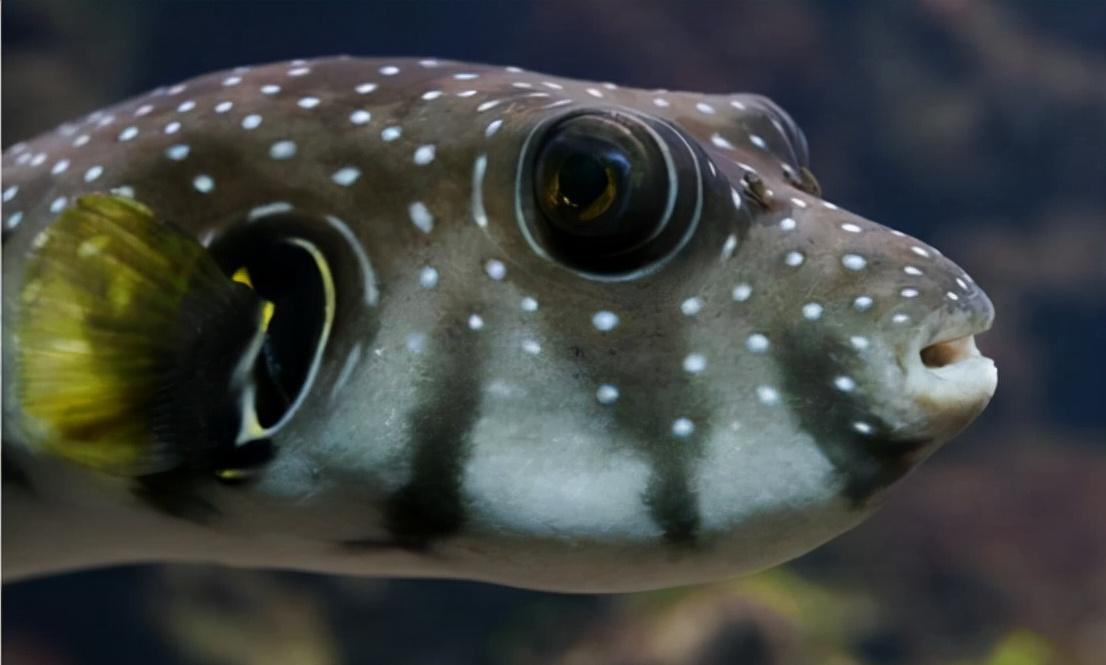Since the introduction of artificial gene editing tomatoes and the successful export to some countries, Japan's road to the development of artificial gene edited foods has gone, in addition to the study of artificial gene editing crops, and now even began to study artificial gene edited animals, of course, these animals are currently based on fish for human consumption.

In September this year, Japan approved the listing of artificial gene-edited tomatoes and artificial gene-edited edible fish, the true seabream, which are the products of artificial gene editing and are not naturally grown.
In this regard, the developers said that the artificial gene editing of the real seabream, not only the taste will become better, but also the edible fish meat increased by 20%, which also means that compared with the naturally reproduced real seabream, this gene-edited true snapper has more edible muscle, and this is produced by inhibiting proteins.
In the past 2 months of pilot sales, whether it is artificial gene editing tomatoes, or artificial gene editing of real snapper, in Japan is still more recognized by everyone, so this time Japan has redoubled its efforts to launch the same artificial gene editing pufferfish, and experts also said that this puffer fish is safer, eat without worrying about poisoning.
Like the artificial gene-edited true snapper, this artificially gene-edited puffer fish is also artificially rewritten by the genes in the body of ordinary puffer fish, so that they become the "big stomach king", in the short term, through a large amount of food intake, you can grow bigger, edible meat will become more.
Researchers said that artificial gene-edited puffer fish and ordinary puffer fish, in the same growth period, the former can reach more than 1.9 times the weight of the latter, naturally, if the price is right, this so-called "safer" puffer fish, will also be favored by consumers.
Artificial gene-edited food can be seen as an upgraded version of "genetically modified food", because it does not mix with the genes of other species, but through artificial gene editing, the original genes of the organism are rewritten, so that it becomes more in line with human needs.
As early as 2019, Japan actually planned to fully market artificial gene editing food, but because there was still a controversy about "safety" at that time, it was not officially launched until September this year.
In addition to Japan, many Western countries are also studying artificial gene editing food, such as the United States "genetically modified soybean oil", but because it is not yet 100% confirmed, after artificial gene editing of food, they are absolutely safe, which also means that there will still be a certain safety hazard.
After artificial gene editing, whether it is a plant or an animal, in fact, it has violated the law of natural growth and become an "artificial object".
Therefore, many people are also worried that eating these artificially modified foods will not lead to some health problems? After all, when the Japanese side is publicizing now, it is said that the nutritional value of artificial gene-edited foods is higher, but what if this is not the case?
For example, previous research in the United States has found that pork after artificial gene editing may induce allergic reactions in some people's bodies, and the consequences are more serious, from here it can also be seen that these special "artificial foods" are not absolutely safe, at least inconsistent with the "very safe" in the mouth of Japanese experts.
Therefore, here is also involved in a "right to know" issue, at the beginning, Japan wants to first artificially edited food, and normal food together to sell, and do not do special labeling, and this practice makes many people panic, at least 40% of Japanese people, is against this, think that as consumers, is with "right to know" and "right to choose", even if the price is the same, there is also the right to choose whether to buy gene-edited food.
The answer is yes, after all, from the current environment, this is a general development trend, but compared with Western countries, China does not currently have a detailed regulation on artificial gene edited food, of course, its research and development is still in its infancy, and will not be like Japan, the beginning of large-scale listing and sale.
Of course, from the perspective of scientific research and development, scientists engaged in related fields in China still maintain a very optimistic attitude towards genetically modified foods, believing that the popularity of this food will be a development trend of human society in the future, so the question is, in your opinion, is artificial gene editing food good or bad?